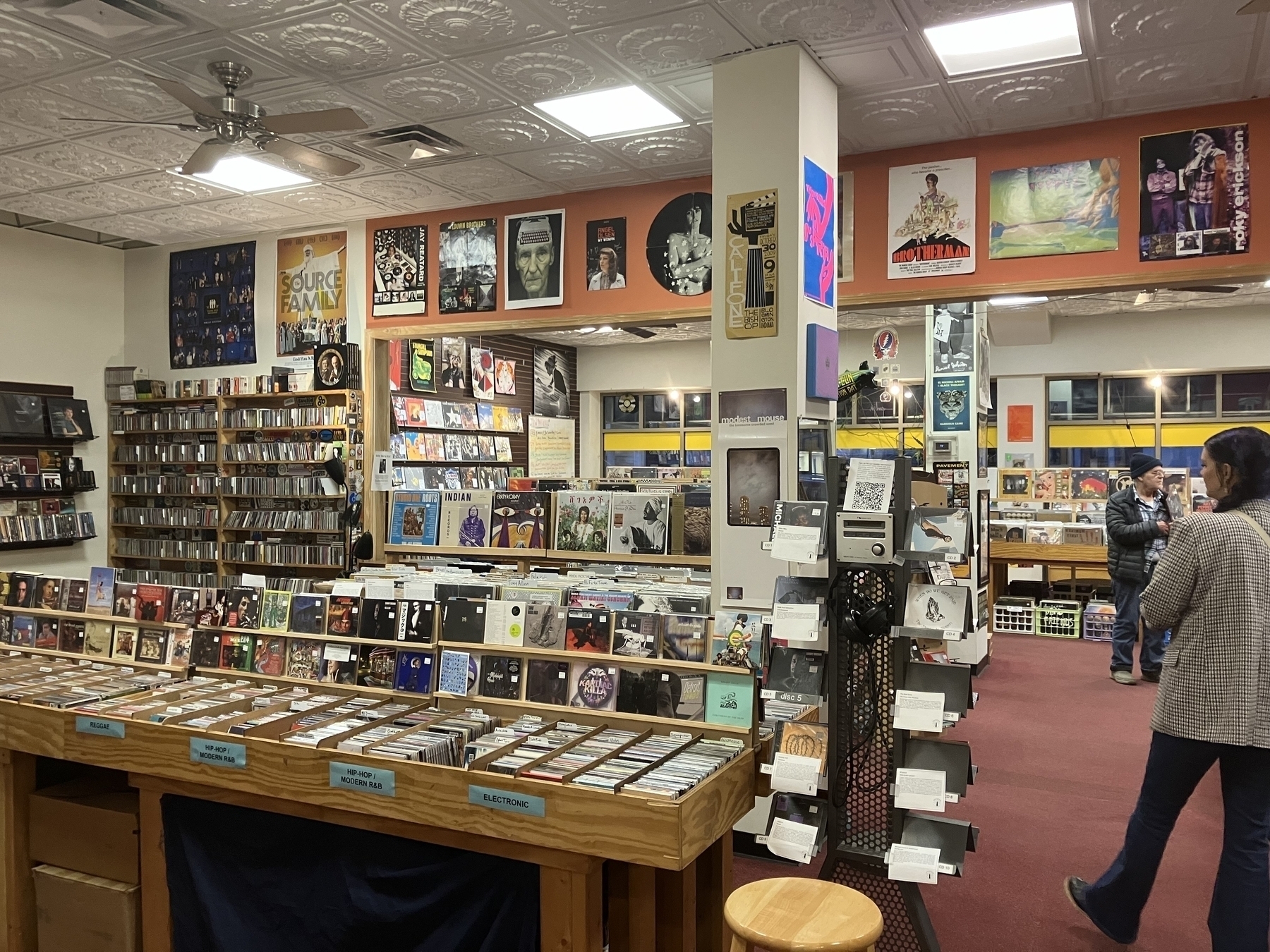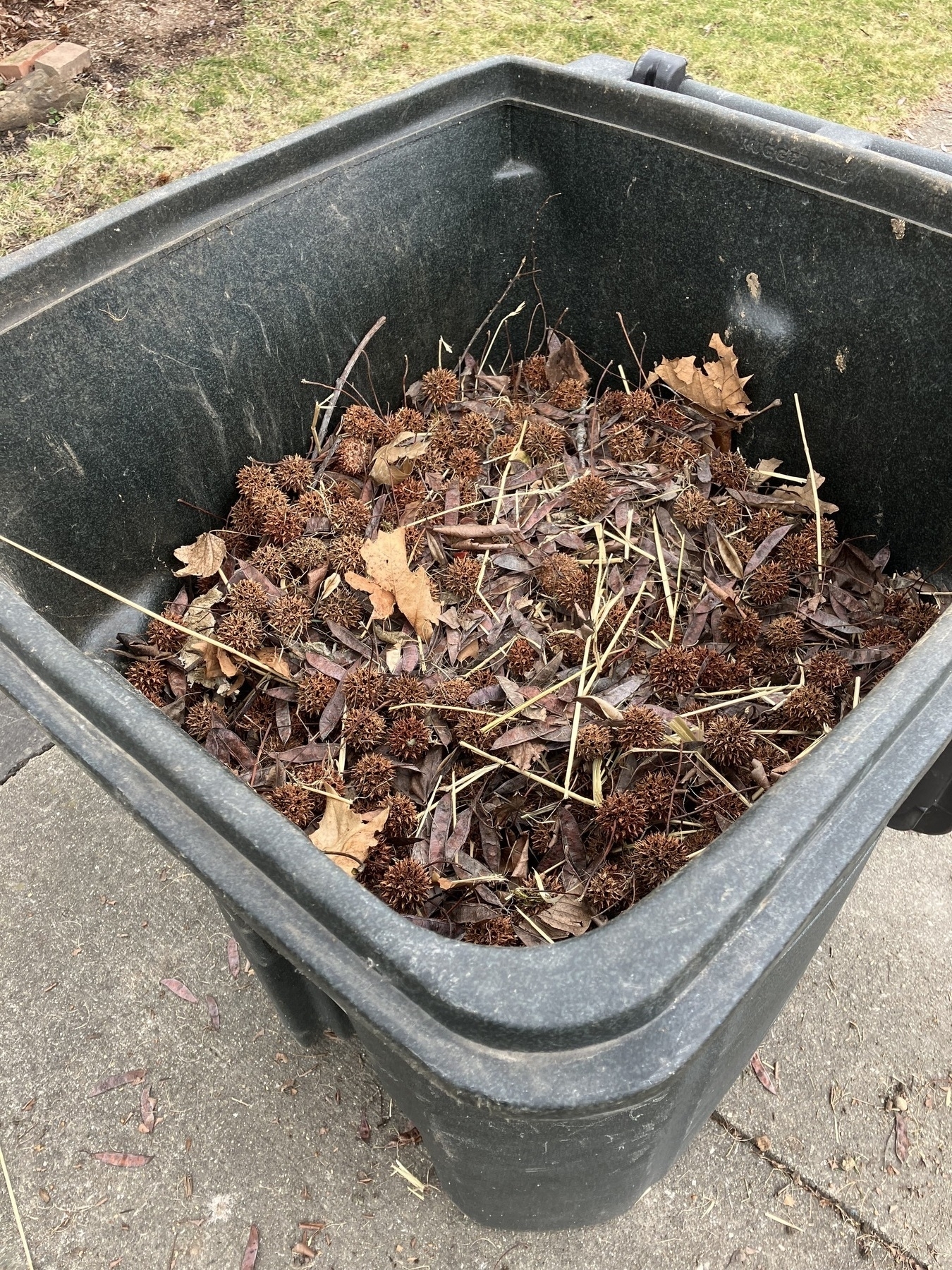Really illuminating post by James Shelley (via @patrickrhone):
Whether papyrus or the internet, humans doggedly write for influence, status, wealth, conviction, and pleasure. But the so-called sanctity of “authorship” is only a very recent idea. These “rights” of authorship are only true if they are enforced. They are a kind of fiction that only make sense in occasional times, places, and cultures. For the next chapter of the human experiment, I wonder if “authorship” will again recede into the background, as it often seems to do in times of disruptive changes in communication technology.
But the banishment of the author doesn’t mean writing ends. Writers still write even when “authorship” functionally means nothing. And what they write still influences their world, with or without the universe dutifully paying homage to their bylines. In the long arcs of history, what is written typically goes on to mean much more than who wrote it. The future, like today, is built on ideas, not on the people who had them, because people die but ideas never stop evolving.
As we used to say, read the whole thing. I’m particularly struck by his invocation of ancient anonymous and pseudonymous works. It’s the ideas that matter, less so the author.

